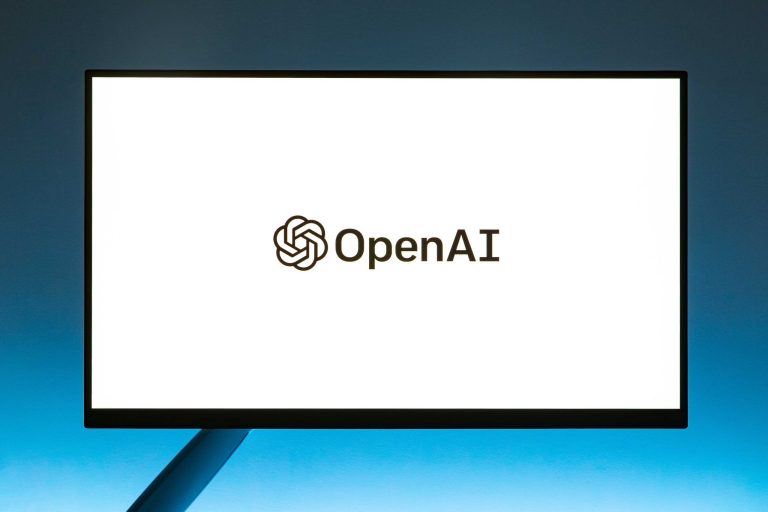OpenAI is exploring new governance measures to shield itself from potential hostile takeovers, as concerns rise over the influence of major investors and external stakeholders, according to a Financial Times report.
The artificial intelligence giant, known for developing ChatGPT, is reportedly considering granting its non-profit board special voting rights—an unusual move for a company transitioning into a for-profit structure.
This development comes amid growing pressure from investors and competitors, with reports indicating that OpenAI recently turned down a $97.4 billion acquisition offer from a consortium led by Elon Musk.
While OpenAI remains a dominant force in the AI race, the company’s board is now focused on fortifying its independence in the face of mounting financial and strategic challenges.
OpenAI’s board control may limit investors
The proposed voting rights structure would allow OpenAI’s non-profit board to override major investor decisions, effectively placing key strategic choices beyond corporate influence.
This could set a precedent for other technology firms looking to balance financial backing with mission-driven objectives.
If implemented, the move could limit decision-making power for investors such as Microsoft and SoftBank, both of whom have played a crucial role in OpenAI’s expansion.
While OpenAI has yet to finalize its governance framework, insiders suggest these measures are being actively discussed to prevent external forces from steering the company in an undesirable direction.
The shift is particularly notable as OpenAI continues to secure funding to sustain its rapid growth. The AI sector remains fiercely competitive, with rivals like Anthropic and Google’s DeepMind pushing advancements in machine learning.
By cementing board control, OpenAI aims to ensure that its long-term vision is not dictated by short-term investor interests.
Elon Musk’s bid highlights AI divisions
The recent acquisition attempt led by Musk underscores a broader ideological rift within the AI sector.
While OpenAI has embraced a for-profit model to finance its ambitions, Musk has been vocal about his concerns that the company is straying from its original mission.
The billionaire, who co-founded OpenAI before departing, has repeatedly criticized the firm’s ties to corporate giants and its shift towards monetization.
Musk’s $97.4 billion bid was rejected outright, with OpenAI dismissing it as an attempt to derail its trajectory. The offer signals that major players in the tech industry are keenly aware of OpenAI’s strategic importance.
The AI boom has prompted a surge in corporate interest, and OpenAI’s position as a leading innovator makes it a highly attractive target.
Beyond Musk, other tech heavyweights are closely watching OpenAI’s governance evolution.
Investors who have poured billions into the company may see these proposed voting rights as a potential obstacle to their influence, raising questions about whether they will continue supporting OpenAI under such conditions.
Regulatory concerns over AI control
As OpenAI navigates its governance transition, the company may face increased scrutiny from regulators and policymakers.
The AI sector’s rapid expansion has drawn regulatory attention worldwide, with governments seeking to implement frameworks that ensure ethical AI development while preventing monopolistic practices.
If OpenAI grants its non-profit board exclusive decision-making power, it could spark debates over corporate accountability and investor rights.
Regulators may question whether such a structure aligns with fair governance standards, particularly as OpenAI continues to accept significant private funding.
Moreover, OpenAI’s strategic shift could prompt other AI firms to reconsider their governance models. Companies like Google DeepMind and Anthropic are also balancing investor expectations with long-term AI safety objectives.
How OpenAI resolves this governance challenge could influence how AI firms structure their leadership in the years ahead.
For now, OpenAI remains firm in its stance against external takeover attempts.
Whether the company’s new governance approach will secure its independence without alienating investors remains to be seen, but its decisions will have far-reaching consequences for the future of AI governance and corporate control.
The post OpenAI may adopt special voting rights to block hostile takeovers – report appeared first on Invezz

